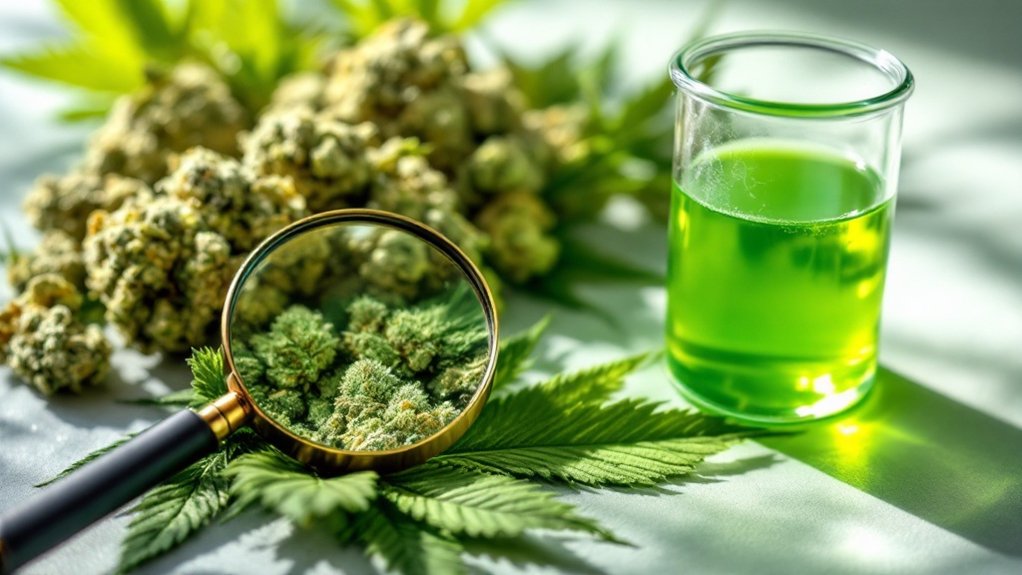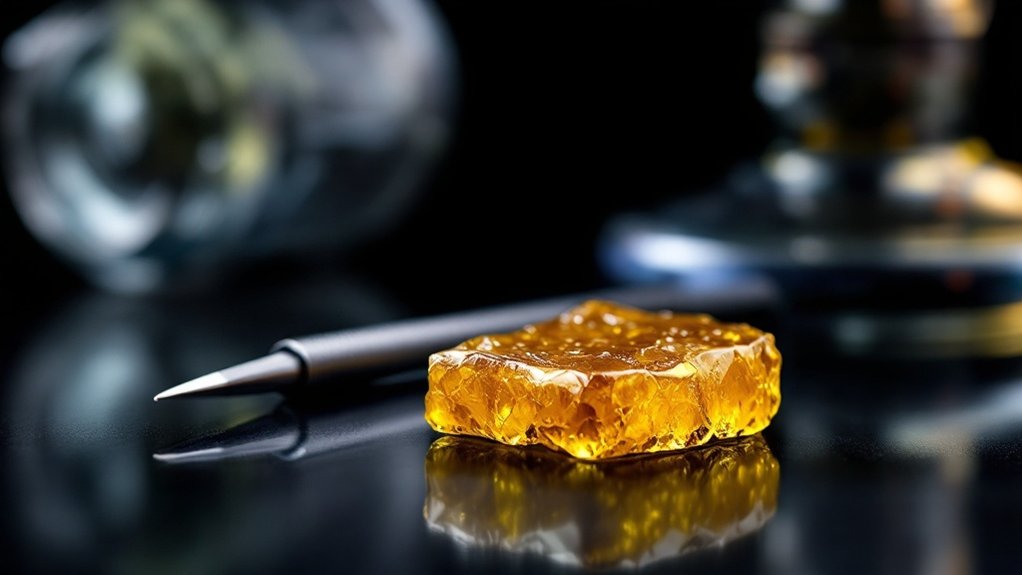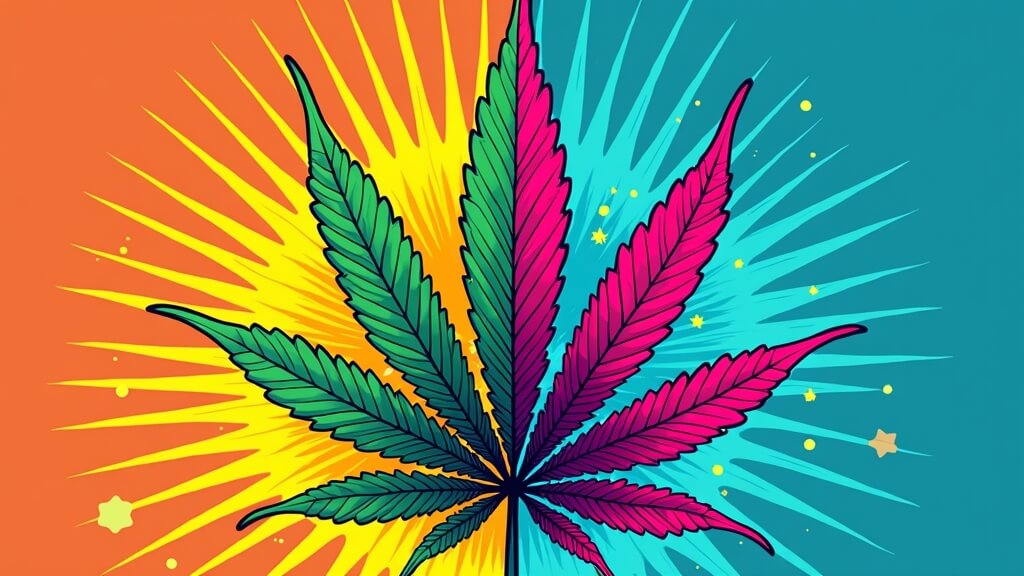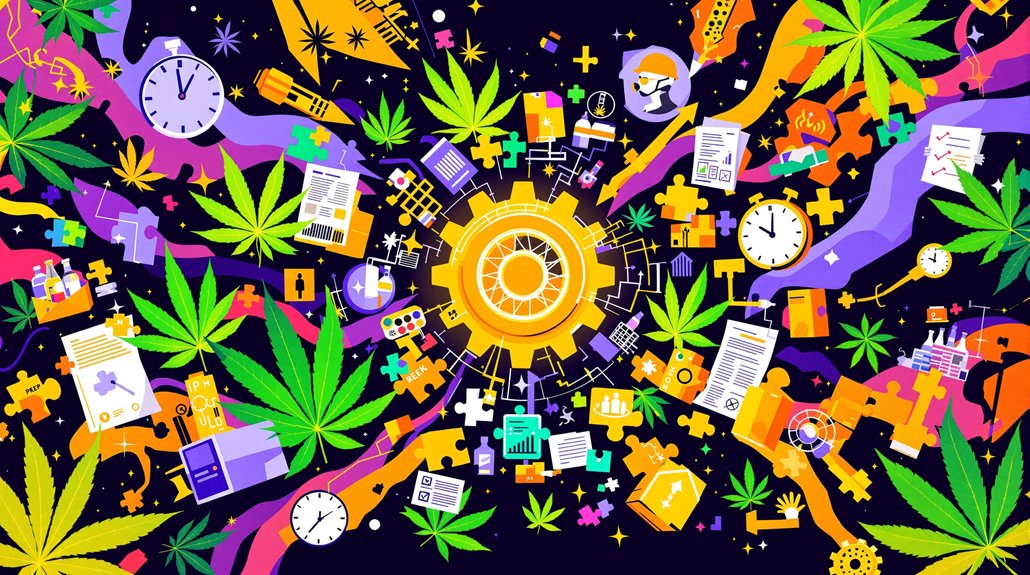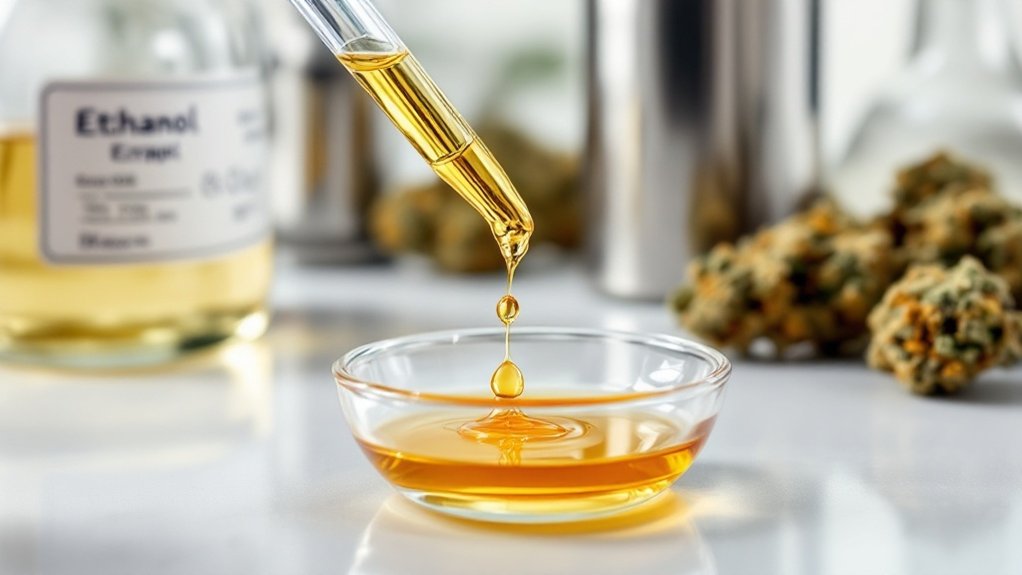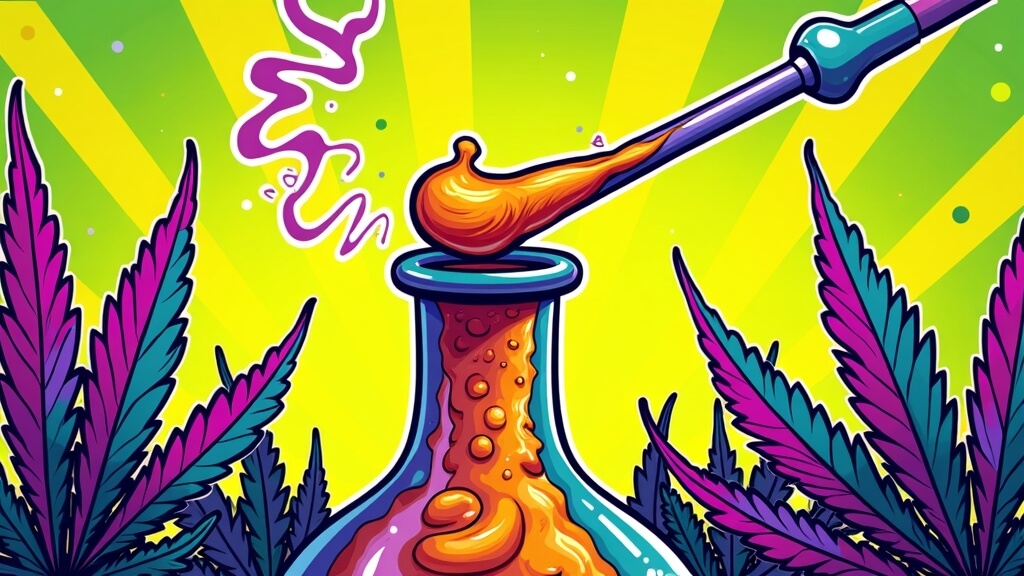THCA is cannabis’ non-intoxicating precursor molecule. Unlike its famous offspring THC, this compound won’t get anyone high—until heat enters the picture. Through decarboxylation, THCA loses a CO₂ molecule, transforming into psychoactive THC. Surprisingly, THCA itself may offer anti-inflammatory and neuroprotective benefits without the cerebral effects. Fresh cannabis contains up to 90% of its potential THC in THCA form. The legal status? A regulatory gray area that’s getting increasingly complicated.
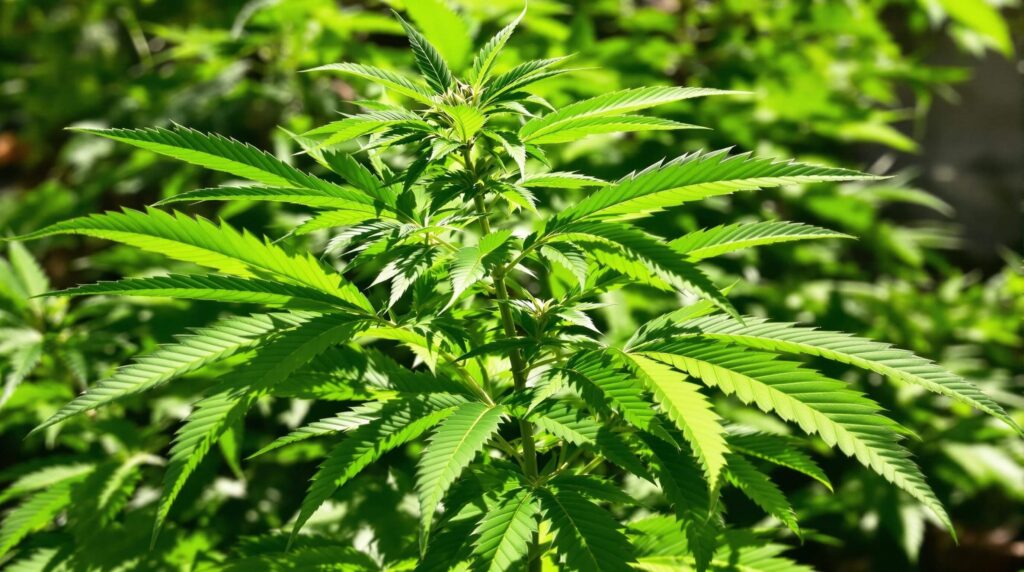
Cannabis chemistry isn’t just about getting high. In fact, the raw cannabis plant contains almost no psychoactive THC at all. What it does contain is THCA (tetrahydrocannabinolic acid), the non-intoxicating precursor molecule that dominates fresh cannabis. Yeah, that’s right, the stuff that gets you stoned isn’t even there until you apply heat.
THCA features a carboxylic acid group that prevents it from binding effectively to CB1 receptors in your brain. No binding, no high. Simple as that. It’s produced in those tiny crystal-like trichomes coating cannabis flowers. THCA primarily exists as two different isomers, with THCA-A and THCA-B forming distinct colorless prism structures. Over time, it slowly converts to THC through exposure to air, light, or heat but the process is dramatically accelerated when you fire up a joint or bake some brownies.
The transformation is called decarboxylation—basically, THCA loses a CO₂ molecule when heated and becomes psychoactive THC. Until then? Totally sober stuff. You could juice raw cannabis all day and never feel intoxicated.
This non-intoxicating profile makes THCA interesting for researchers exploring cannabis benefits minus the mind-altering effects. Laboratory studies suggest it may have anti-inflammatory, neuroprotective, and anti-nausea properties. Fresh cannabis plants contain significantly higher concentrations of THCA compared to dried material. THCA’s molecular structure prevents it from interacting with brain receptors that produce psychoactive effects.
Fresh cannabis can contain up to 90% of its potential THC in THCA form. Products like raw cannabis juices and certain tinctures preserve THCA intentionally.
Legally, THCA exists in a gray area. Some jurisdictions only regulate THC levels, creating potential loopholes for THCA-rich products. Lawmakers are scrambling to address this distinction as the market evolves.
Frequently Asked Questions
Is THC-A Legal in States Where Recreational Cannabis Is Prohibited?
THCA’s legality in prohibition states? Not so simple.
Despite marketing claims suggesting it’s federally legal, the reality is messier. States like Idaho, Nebraska, and Kansas explicitly ban THCA products.
Even medical-only states like West Virginia, Alabama, and Arkansas restrict THCA to registered patients with qualifying conditions.
That “hemp loophole” marketers tout? It’s closing fast as states crack down on cannabinoid workarounds.
Cross state lines with THCA? Risky business.
How Long Does THC-A Remain Stable When Stored Properly?
THCA shows impressive stability when properly stored.
In refrigerated conditions 39-42°F (4-6°C), it retains over 90% potency for up to 700 days. Incredible.
Dark storage at room temperature preserves it for 1-2 years, while amber containers outperform clear ones.
The compound’s most vulnerable during its first month, losing about 20%.
After that initial drop? Slower decline.
Heat and light are the enemies here.
Ideal storage could extend THCA’s half-life to nearly a decade.
Can THC-A Show up on Standard Drug Tests?
Yes, THCA can trigger positive results on standard drug tests.
Why? Because it metabolizes into the very compound these tests are designed to catch. Even consumed raw, THCA partially converts in the body.
Regular users might test positive for weeks. Occasional users? Maybe 3-5 days. Heavy daily users could show positive results for over a month.
What’s the Difference Between THC-A Diamonds and Other Concentrates?
THCA diamonds stand apart from the concentrate crowd.
They’re ridiculously potent – over 99% pure compared to 65-85% in wax or live resin.
Crystal clear and brittle, these gem-like substances require special handling.
Flavor? Pretty much non-existent. The crystallization process strips away those precious terpenes that give live resin its complex taste.
Serious users love ’em. Tiny dose, massive high.
Not for the cannabis newcomer.
Does THC-A Interact With Prescription Medications?
THC-A does interact with prescription medications so always check with your doctor before using.
It can mess with how your body processes drugs. Over 400 medications could be affected, with 28 classified as major interactions. Blood thinners, antidepressants, and anti-seizure meds are especially risky.
Higher THC doses (>30mg daily) cause more significant problems. The full spectrum of THC-A specific interactions? Still murky. Scientists need to catch up.
